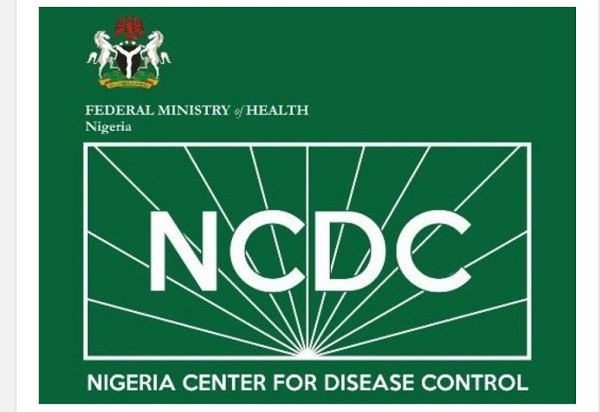
The Nigeria Centre for Disease Control and Prevention (NCDC) has issued a public advisory, urging Nigerians to enhance personal and environmental hygiene as the country faces heightened risks of Lassa fever and cerebrospinal meningitis (CSM) outbreaks.
NCDC’s director-general, Dr. Jide Idris highlighted that proactive measures are essential to prevent these life-threatening diseases. He explained that Lassa fever, a viral hemorrhagic disease caused by the Lassa virus, and meningitis, which inflames the brain and spinal cord coverings, pose recurring threats as seasonal factors like environmental conditions increase the risk of infection.
As of October 13, 2024, Nigeria has recorded 8,569 suspected Lassa fever cases, with 1,035 confirmed and 174 deaths across 28 states and 129 LGAs. For meningitis, the 2023/2024 season saw 4,915 suspected cases, 380 confirmed and 361 deaths across 24 states, including the FCT.
The NCDC has enhanced its response strategies to tackle these outbreaks, emphasising the need for early action and vigilance. According to Idris, the Federal Government, in collaboration with NCDC, has bolstered efforts in surveillance, public awareness and environmental management to mitigate the impact of Lassa fever. The rising number of states reporting cases is attributed to improved detection, climate effects, and other environmental factors.
Meningitis, particularly prevalent during the dry season in the “Meningitis Belt” region, remains a critical health threat in Nigeria. The NCDC, in collaboration with health partners, has distributed over 2.2 million doses of the Men 5CV-ACWYX vaccine in high-burden areas. This campaign targets individuals aged 1-29, who make up 70 per cent of the affected population.
Despite progress in surveillance, vaccination, and diagnostics, CSM continues to challenge health systems, impacting the economy and community well-being.
Idris emphasised that NCDC’s preparedness leverages a One-Health approach, focusing on collaboration across various sectors. Recognising limited resources at the state level, NCDC’s sub-national support department is actively involved in enhancing state preparedness and emergency response. Support includes training for state epidemiologists, disease surveillance officers and lab personnel to improve local response capacities.
Furthermore, predictive data from the Nigerian Meteorological Agency (NiMet) is aiding data-driven modeling to monitor disease spread patterns.
To curb Lassa fever and meningitis spread, the NCDC advises the public to maintain clean environments, secure food storage to prevent rodent access, avoid bush burning and seek prompt medical care for symptoms. Healthcare workers are encouraged to enforce infection control and report suspected cases swiftly to facilitate timely intervention.
The NCDC’s collaborative efforts extend to correctional facilities, where preventive measures are essential to manage disease risks in overcrowded conditions.

